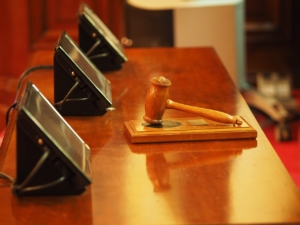
This case, combined with another similar situation in Virginia, raises the question of whether or not law enforcement should be able to unlock devices with suspects’ fingerprints. While giving up a password is not allowed because it forces the accused person to forcibly speak against him or herself, obtaining a fingerprint for a phone is considered to be as acceptable as giving up a photo or height measurement. It may be a complex ethical issue for judges to consider in the near future, as giving up one’s fingerprint is essentially a testimony that they own the data on the device.
